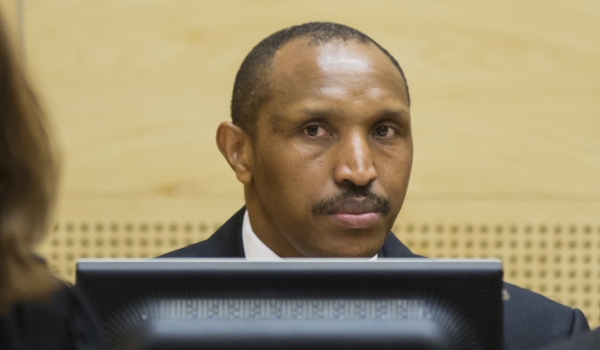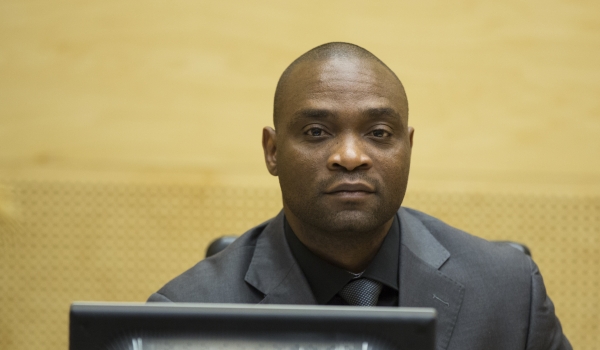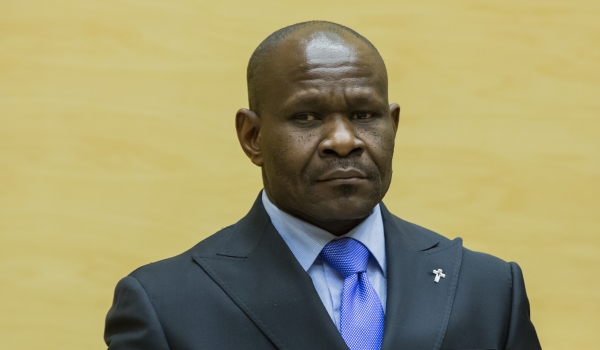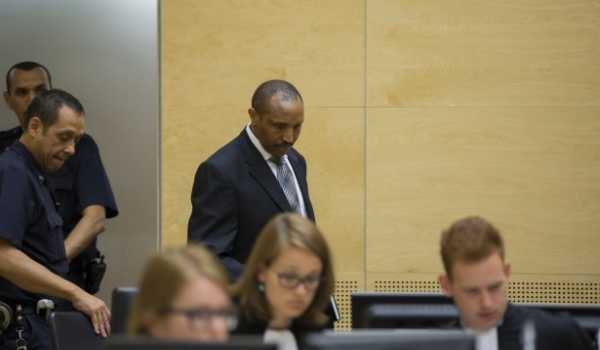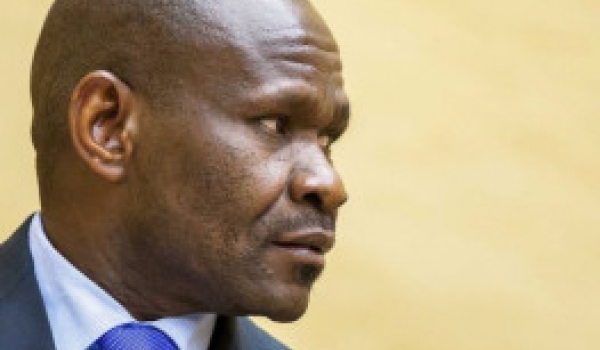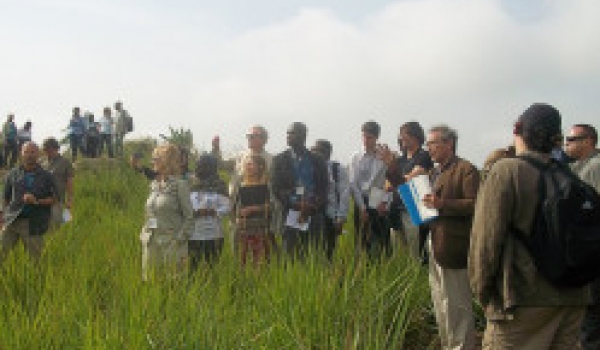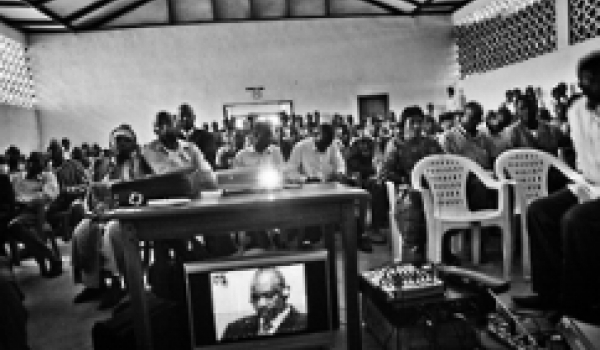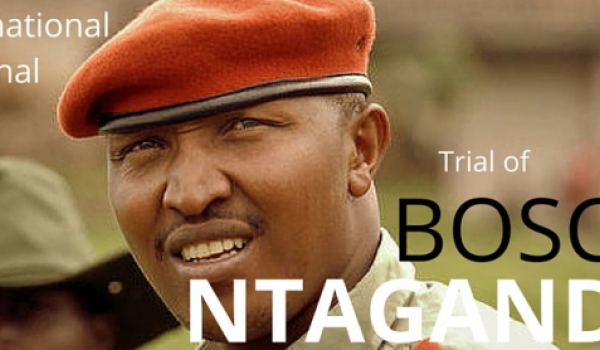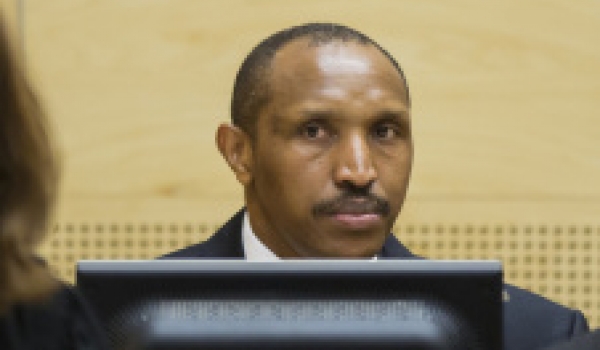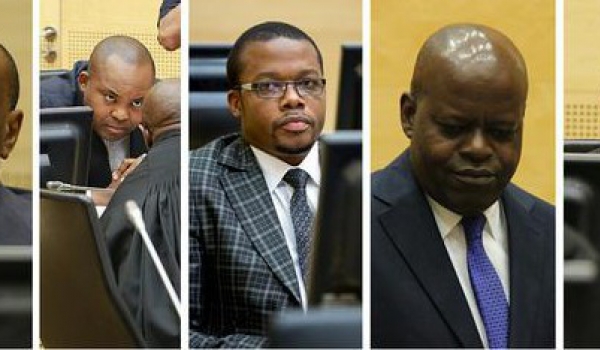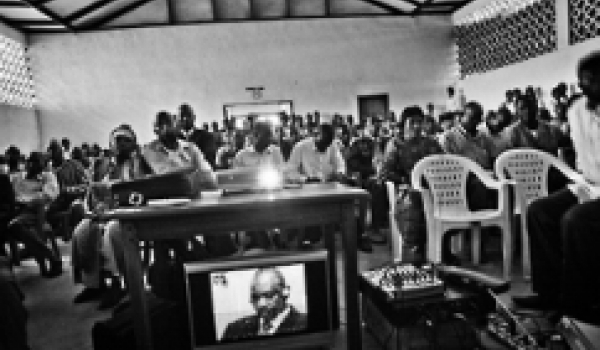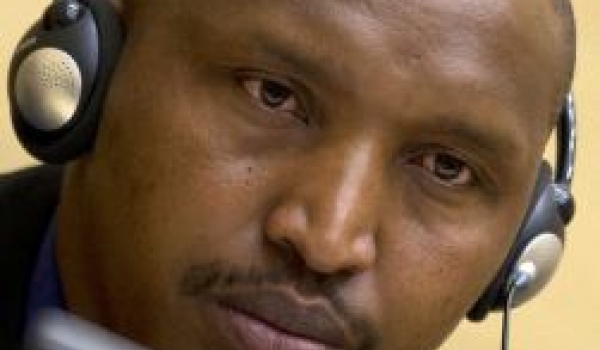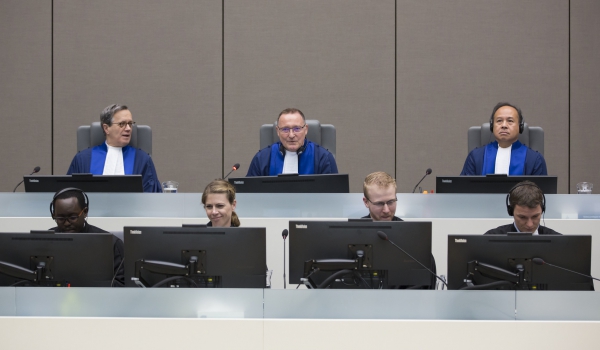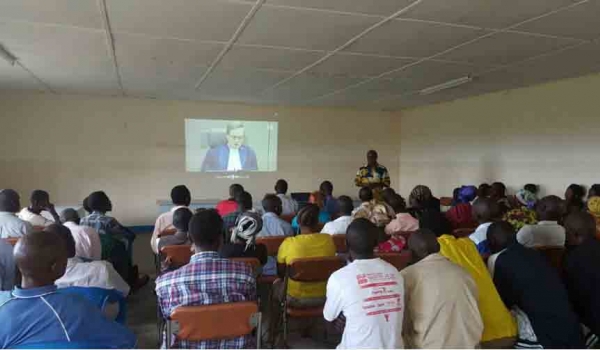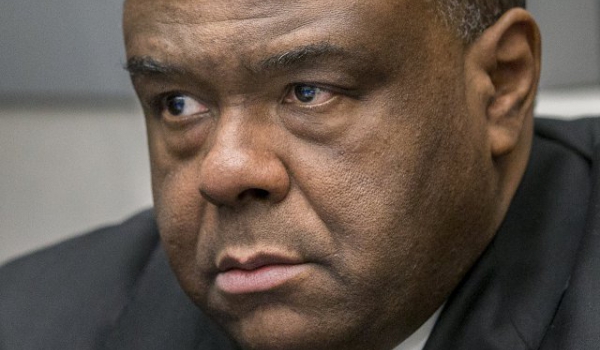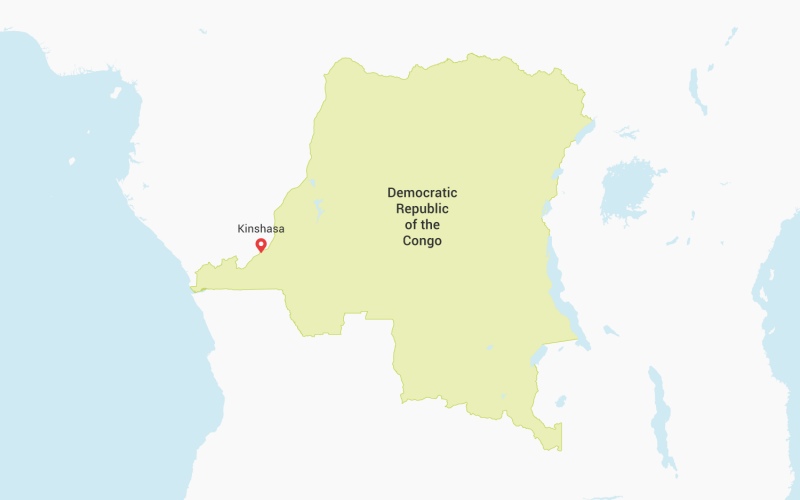
The ICC investigation opened in 2004 - its first-ever - has focused on the leaders of several armed militia and rebel groups suspected of war crimes and crimes against humanity. The DRC ratified the Rome Statute in April 2002. A law incorporating ICC crimes into domestic law and facilitating cooperation with the Court was adopted in 2015, after many years of civil society advocacy. There have also been several prosecutions of grave crimes in special domestic courts in eastern DRC.
Thomas Lubanga who was commander-in-chief of the FPCL as well as president of its political arm known as the Union of Congolese Patriots (UPC), became the first person to be tried and convicted by the ICC. He serves 14 years in prison for war crimes of enlisting and conscripting children under the age of 15 years and using them to participate actively in hostilities (child soldiers). On 8 July 2019, ICC Trial Chamber VI found Bosco Ntaganda guilty, of 18 counts of war crimes and crimes against humanity committed in Ituri, DRC, in 2002-2003, including sexual violence.
On 19 December 2015, Mr. Lubanga was transferred to a prison facility in the DRC to serve his sentence of imprisonment. In 2017, Trial Chamber II set the amount of Mr. Lubanga’s liability for collective reparations at USD 10,000,000, which was approved by the Appeal Chamber in 2019. Apart from Lubanga, the ICC also convicted German Katanga and Bosco Ntaganda of charges of war crimes and crimes against humanity. Katanga was sentenced to a total of 12 years' imprisonment. Bosco Ntaganda’s conviction is the third conviction in the situation of the DRC. He was the co-accused in the case against Thomas Lubanga and served as his military chief as the Deputy Chief of the FPCL/UPC. He eluded justice until his surrender to the ICC in 2013. On 8 June 2019, he was convicted of 18 crimes of war crimes and crimes against humanity, including rape and sexual slavery by Trial Chamber VI. The verdict could be the ICC’s first final conviction for charges of sexual and conflict-related violence. Currently, Mr. Ntaganda is appealing the decision.
In April 2004, DRC invited the ICC Office of the Prosecutor (OTP) to investigate alleged Rome Statute crimes in the context of an ongoing armed conflict in its territory. In June 2004, after a brief preliminary examination, the first investigation in ICC’s history opened. The main regional focus of the ICC situation is the Ituri region as well as the North and South Kivu provinces in eastern DRC. The OTP acknowledged that, while alleged crimes were reported to have taken place since the 1990s, the ICC could not look at crimes committed earlier than 1 July 2002, the date of the Court’s establishment and temporal limit of its jurisdiction. Reports from 2002 onward, meanwhile, allege a pattern of rape, torture, forced displacement, and the illegal use of child soldiers.
Congolese rebel leaders Thomas Lubanga and Germain Katanga became the first suspects ever convicted by the ICC, while a third, Mathieu Ngudjolo Chui, was acquitted. In the most recent decision, the ICC found Bosco Ntaganda guilty of war crimes and crimes against humanity committed in the DRC.
The ICC investigation has not yielded charges against government officials and armed forces. The absence of these cases—or clear and public explanations as to why they are not being pursued—has left too many victims without justice and undermined perceptions of the court’s independence and impartiality according to Human Rights Watch.
DRC government has been largely cooperative with the ICC investigation in its territory, having referred itself to the ICC in 2004. After years of advocacy by civil society, 2015 saw the adoption of a bill incorporating Rome Statute crimes into Congolese criminal law and further facilitating the country’s cooperation with the ICC. The DRC has also concluded ad hoc agreements with the ICC to enforce the ICC sentences imposed upon rebel leaders Thomas Lubanga and Germain Katanga.
Following repeated calls by victims, international organizations, and civil society for DRC to address the impunity gap in the country, in January 2016 DRC’s “Law implementing the Rome Statute of the ICC” entered into force. The law amends DRC’s military and criminal codes to incorporate Rome Statute crimes and general principles of law. The law also establishes the competence of civilian criminal courts, including in appeals, for all cases of genocide and crimes against humanity. Congolese rebel leader Germain Katanga, convicted by the ICC in 2014, was committed to trial in the DRC on war crimes charges - charges different from those he was prosecuted for by the ICC - soon after completing his ICC sentence and release in early 2016.
A number of national and local courts have been undertaking prosecutions of military figures in Eastern DRC accused of war crimes and crimes against humanity.
Other countries, such as Germany, have taken on trials of individuals suspected of grave international crimes in the DRC, including rebel leaders from the Democratic Forces for the Liberation of Rwanda.
The DRC has a particularly active civil society network working to end impunity for grave crimes. The DRC National Coalition for the ICC advocates for enhanced national accountability mechanisms, holds workshops and awareness raising events, and works with local ICC offices to support victims’ participation in ICC proceedings.
